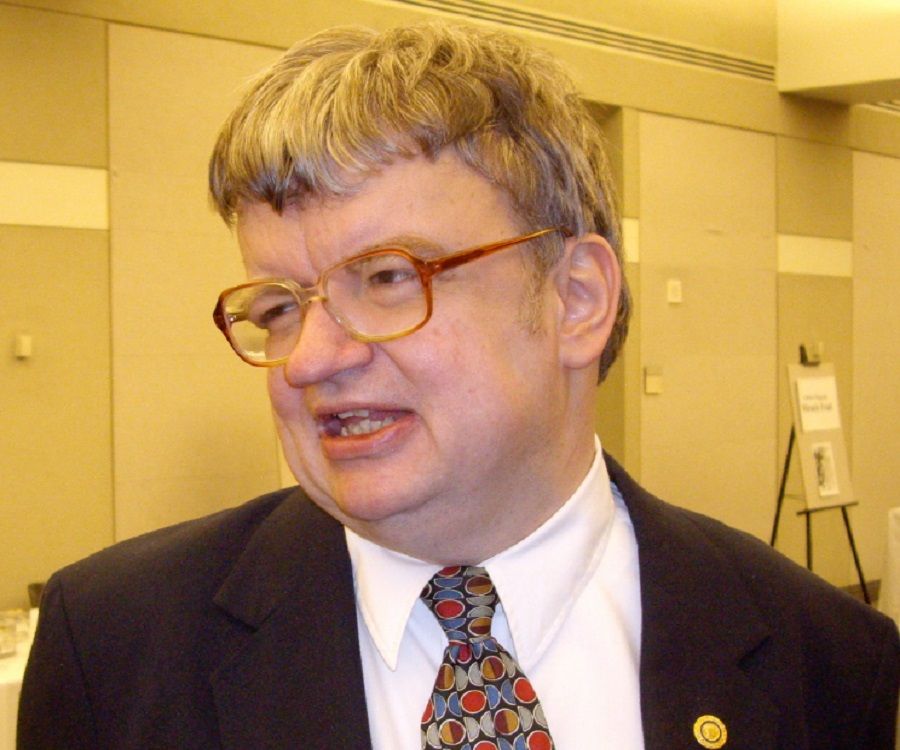

It's just not enough to be a psychiatrist or neurologist. In appropriate centers, specialists can perform these tests," Ehrenreich said. "There are various instruments and tests that help with the diagnosis and back it up. That means he needs help." Expert diagnosis essentialĮhrenreich said the diagnosis of "autistic" absolutely must be made by people who are well versed in that specialty. He puts his shoes on first and then his pants. One study found that 37% of people in the sample exhibited either savant skills or unusual cognitive skills or both.Įhrenreich cares for one such gifted patient. "If you ask him what's in the phone book on page 923 in the middle column, he can tell you with no problem," said Ehrenreich, "but he can't manage to get dressed in the morning. Studies determining the number of autistic people who are savants vary, but at least one in 10 people with autism has savant abilities. The film was inspired by the life of Kim Peek, an American with exceptional memory abilities who said he could memorize the contents of about 12,000 books.īut highly gifted autistic people are quite rare.

#Kim peek brain scan movie
In the movie "Rain Man" Dustin Hoffman plays the autist Raymond Image: picture-alliance/United Archivesĭustin Hoffmann's character, Raymond, is an autistic man who can memorize vast amounts of numbers but is incapable of managing his daily life and who lives in a home for people with disabilities. While the film introduced autism to people on a large-scale and brought attention to the disorder, it is sometimes criticized for having created a stereotype of people with autism. The 1988 film "Rain Man" starring Dustin Hoffmann and Tom Cruise was one of the first films to include a main character with autism. Some people with ASD also have savant syndrome, a rare condition where someone has exceptional skills often related to memory, but also art, mathematics and music. "This is the case, for example, when a child always sits in the corner and continuously wiggles his head or wrings his hands, making so-called manege movements ," said Ehrenreich. These can be neurodevelopmental disorders, difficulties in fine motor skills or pronounced repetitive movements.

This may be necessary, for example, if other serious issues are also present. Only in this way is it possible to develop effective therapies for certain forms of autism, she said. Important pillars include psychiatry and neurology, but also genetics and neurobiology. Research on it has to come from different disciplines," Ehrenreich told DW. "Autism is an extremely complex disorder. In them, there are often severe underlying developmental disorders that then lead, among other things, to the symptoms typical of autism," says Hannelore Ehrenreich, the head of the Department of Clinical Neuroscience at the Max Planck Institute for Experimental Medicine in Göttingen, Germany. These include the so-called syndrome autistics. "There are autism spectrum disorders in which all autistic symptoms appear in a very strong form. Rituals are often very important for autistic people Image: picture-alliance/dpa/C. Repetitive behaviors and strict routines may also be noticed, like repetitive body movements or finding it difficult to adjust even to small changes. Some of the main symptoms include communication problems like delayed speech development, and difficulty in social interactions, such as making friends, maintaining eye contact, reading people's body language or facial expressions, and expressing how they feel. There is a wide range of symptoms in autistic people. It is estimated that around 50% of people with autism also suffer from an intellectual disability, according to the WHO. The level of intellectual functioning in autistic people varies hugely, ranging from profound impairment to superior non-verbal cognitive skills. One in 160 children has autism but several recent studies have reported rates that are substantially higher, according to the World Health Organization (WHO).ĪSD is considered a developmental disorder because - although it can be diagnosed later in life - it begins in early childhood and tends to persist into adolescence and adulthood. A whole range of different conditions belong to the autism spectrum disorder (ASD) or autism, a life-long neurodevelopmental disorder that affects how people communicate and interact with the world.


 0 kommentar(er)
0 kommentar(er)
